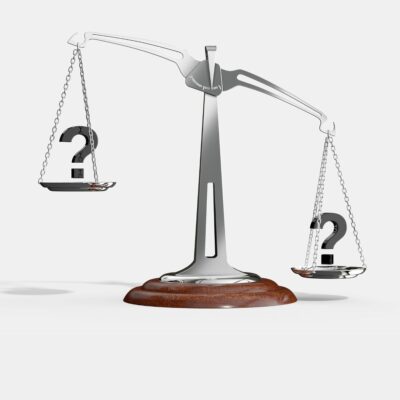“Abe's Heating and cooling were professional and on time. they helped me with two time sensitive projects and did excellent work. I know who I'll be calling if I should ever need an HVAC technician.”
Blog
 A heat pump is a versatile and energy-efficient choice for heating and cooling your home, but with so many options on the market, choosing the right one can be a challenge. We want homeowners in the Denver Metro Area to make informed decisions that align with their unique needs. In this blog post, we’ll explore five key factors to consider when buying a new heat pump, ensuring you make the right investment for your comfort and peace of mind.
A heat pump is a versatile and energy-efficient choice for heating and cooling your home, but with so many options on the market, choosing the right one can be a challenge. We want homeowners in the Denver Metro Area to make informed decisions that align with their unique needs. In this blog post, we’ll explore five key factors to consider when buying a new heat pump, ensuring you make the right investment for your comfort and peace of mind.
To get the best value for your investment, it’s essential to assess a heat pump’s efficiency. The efficiency of a heat pump is measured using two ratings:
Look for a heat pump with high HSPF and SEER ratings, which will result in lower energy bills and increased comfort.
Selecting the right size heat pump for your home is crucial for optimal performance. A heat pump that’s too small may not adequately heat or cool your home, while an oversized heat pump can cycle on and off frequently, leading to reduced efficiency and increased wear and tear. Consult with a trusted ABE Heating and Cooling professional to assess your home’s heating and cooling requirements and help you choose the ideal heat pump size.
Heat pumps are generally more efficient in mild climates, but advances in technology have enabled them to perform well in colder regions as well. For homeowners in the Denver Metro Area, it’s essential to choose a heat pump designed to operate efficiently in colder temperatures. Look for models with an outdoor thermostat and features that minimize energy loss, maximizing the heat pump’s efficiency in colder conditions.
Heat pumps can vary significantly in noise output, so it’s essential to evaluate the noise levels before installation. Outdoor units are typically noisier than indoor ones, but advancements in technology have led to quieter models. Check the noise rating (measured in decibels) of the heat pump you’re considering, and compare it to other models to find an option that suits your preferences.
To get the most out of your new heat pump, proper installation is essential. Make sure to work with an experienced, trusted professional – like our technicians at ABE Heating and Cooling – to ensure correct sizing, placement, and setup for your heat pump. Proper installation not only enhances the system’s efficiency and lifespan but also ensures it meets safety and building code requirements.
At ABE Heating and Cooling, we understand the importance of finding the right heat pump for your home. Our team of highly trained technicians is committed to providing guidance, exceptional service, and customer satisfaction. If you need help determining the best heat pump for your home, or if you’re ready to move forward with professional installation, don’t hesitate to reach out to us. We are happy to assist and ensure you get the best value for your investment, with a focus on efficiency, comfort, and satisfaction – not just now, but for the years to come.